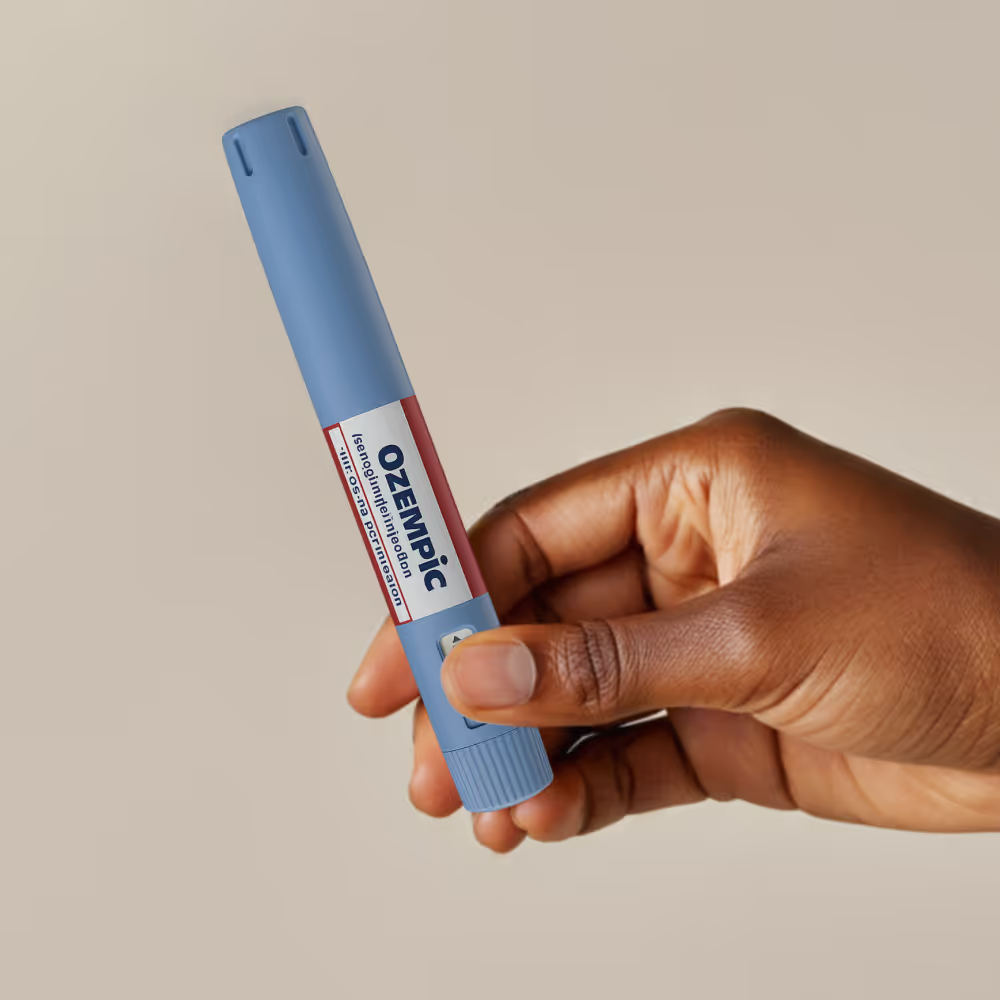While medications like GLP-1 receptor agonists are effective tools for weight management, they are not standalone solutions. To achieve long-term success, it's crucial to recognize the role that diet and lifestyle changes play alongside medication. This article explores why embracing behavioral changes is essential for maximizing the benefits of medication-assisted weight management.
Sustainable Change Requires Lifestyle Modification:
Medications can help regulate appetite and increase fullness, but they do not address the underlying behaviors and habits that contribute to weight gain in the first place. Lasting weight management involves more than just medication. It requires addressing:
- Dietary Habits: Adopting a balanced and nutritious diet.
- Physical Activity Levels: Incorporating regular exercise.
- Stress Management: Finding effective ways to handle stress.
- Sleep Patterns: Ensuring adequate and quality sleep.
By modifying these behaviors, individuals can create a sustainable solution for healthier living.
Enhancing Medication Efficacy:
- Synergistic Effects: Combining medication with a healthy lifestyle can enhance its effectiveness. While diet changes alone can lead to a weight loss of 5-10%, integrating medication with comprehensive lifestyle modifications results in greater and more sustained weight loss than any single component alone.
- Improvement of Overall Health: Medication addresses weight, but supplementing it with a healthy diet adds numerous benefits. For example: the DASH diet has been shown to lower blood pressure and tte Mediterranean diet is associated with reduced cardiovascular risk and diabetes prevention.
- Reduced Reliance on Medication: Adopting healthier habits may allow for potential reductions in medication dosage or even discontinuation over time.
Cultivating Long-Term Habits:
- Building Sustainable Behaviors: While medication can provide initial support, long-term success requires consistent lifestyle changes.
- Prevention of Weight Regain: Medication only works for as long as you are on treatment, and individuals are more likely to regain weight once they discontinue it. By adopting healthy behaviors, you can better maintain your weight loss achievements over time. Additionally, our bodies have adaptive responses to weight loss that can lead to weight regain, such as increased appetite and decreased calorie expenditure. Exercise and behavioral changes are crucial strategies to counteract these factors.
Improving Overall Health:
- Comprehensive Health Benefits: Lifestyle changes offer extensive health benefits beyond weight loss, including reduced risk of chronic diseases such as diabetes, hypertension, cardiovascular disease, and certain cancers. Exercise improves body composition by reducing total body fat, abdominal obesity, visceral fat, and insulin resistance. Combining exercise with medication and a calorie-restricted diet also helps mitigate muscle and bone mass loss associated with weight loss. These benefits contribute to a higher quality of life and increased longevity.tes, hypertension, cardiovascular disease, and certain cancers.
Conclusion
While medication can provide valuable support in the journey towards weight management, its efficacy is greatly enhanced when combined with diet and lifestyle changes. Furthermore, a holistic approach offers the greatest potential for sustained success by preventing weight regain. Ultimately, by embracing behavioral changes alongside medication, individuals can achieve not only weight loss but also improved overall health and wellbeing.








































































.webp)
.avif)






